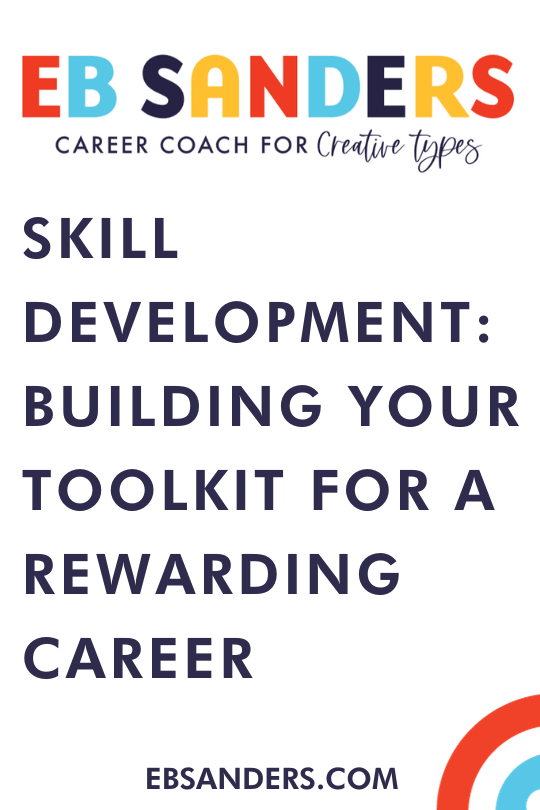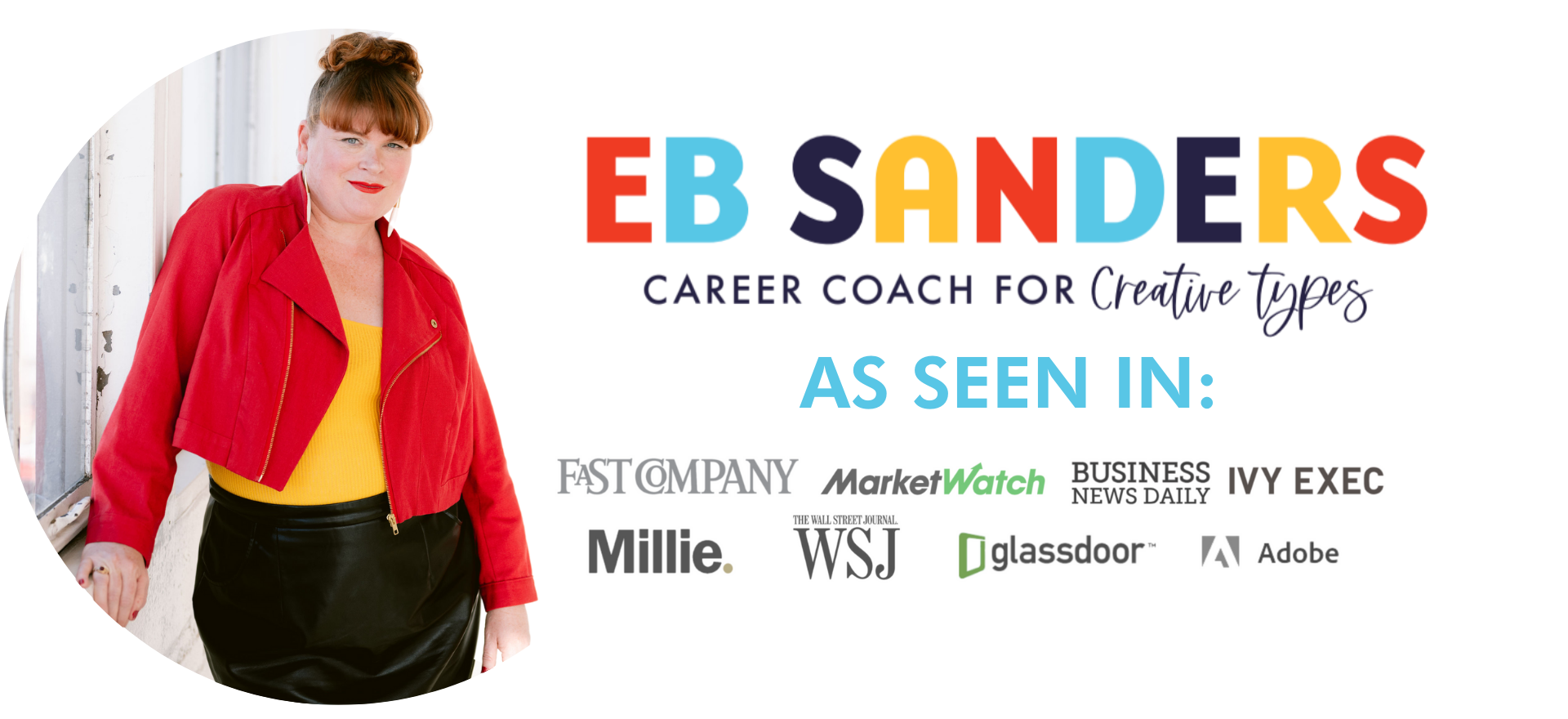This is step 3 in an ongoing series all about how to find your ideal work. To start at the beginning, head here and to get notified when the next in the series is available add your info below:
In your quest to grab the next job in your career (that you happen to love that also pays well), continuous skill development is going to be the foundation of your success.
It's not enough to know your interests and have a vision; you have to equip yourself with the competencies and expertise that make you a valuable asset in your chosen field.
This post in our series dives deep into the art of skill development: how to identify skill gaps, utilize online learning resources, leverage networking opportunities and engaging in side projects that will not only enrich your skill set but also bolster your career opportunities.
Let’s get into this yeah?
#1 Identify Skill Gaps:
Self-Assessment: Begin your skill development journey by conducting a big-time, thorough self-assessment. Compare your existing skills to the skills required in your chosen field.
Identify areas where you may have gaps or room for a brush up.
Industry Research: Delve into industry-specific job descriptions and requirements to gain a clear understanding of the skills and competencies that are in demand currently and which are going to be in demand moving forward.
This research will help you pinpoint the precise skills you need to develop.
Consult Professionals: Seek advice from professionals in your desired role. They can provide valuable insights into the skill sets that are actually highly valued by employers.
Consider informational interviews or networking events for these discussions.
Goal Setting: Once you've identified skill gaps, set clear and achievable goals for skill development. You most likely will need to choose a few to prioritize.
Prioritize the skills that are most relevant to *your* career goals and aspirations.
#2 Online Learning:
Selecting Courses: With your skill development goals in mind, explore online learning platforms like Coursera, edX, LinkedIn Learning, and Udemy.
These platforms offer a vast array of courses across a wide range of subjects and industries.
Certifications: Some courses offer certifications upon completion and some certifications are offered in a self-contained course.
With certain roles, earning these certifications can enhance your resume and demonstrate your commitment to professional development.
For example, if you're aiming for a career in data analytics, consider courses that lead to certifications in data science.
Practical Application: Seek out courses that provide opportunities for practical application.
Projects, assignments and real-world case studies allow you to apply what you've learned, making your newly acquired skills much more tangible and marketable.
#3 Networking:
Industry Events: Attend industry-related events, conferences and webinars both online and in-person if possible.
These events provide a unique opportunity to learn from experts and meet professionals who can help you develop your skills.
Engage in Discussions: Actively participate in discussions and ask questions during industry events.
Engaging with professionals and thought leaders can deepen your understanding of industry trends and best practices.
Professional Associations: Consider joining professional associations or organizations related to your field.
These associations often offer resources, workshops, and networking events that can aid in your skill development.
Mentorship: Establish mentorship relationships with experienced professionals in your chosen field.
Mentors can offer guidance, share their experiences, and provide insights into skill development opportunities.
#4 Side Projects:
Identify Relevant Projects: Look for side projects or freelance work that align with your skill development goals and career aspirations.
Consider projects that challenge you and allow you to apply newly acquired skills. Start with your network to find projects that would expand your experience.
Build Your Portfolio: Side projects provide an excellent opportunity to build or expand your portfolio.
Document your work, accomplishments and the impact of your projects. A robust portfolio can do wonders to impress potential employers or clients.
Freelance Platforms: Explore freelance platforms like Upwork, Contra or Fiverr to find short-term projects that match your skills and interests.
These platforms connect you with clients seeking specific services.
Collaborative Projects: Consider collaborating with others on projects or joining volunteer initiatives within your field.
Collaboration enhances your teamwork and communication skills, making you a more attractive candidate to employers.
Skill development is an ongoing journey that angles you toward a rewarding career. It’s an investment in time and energy - but it’s an investment in yourself and your future.
By identifying skill gaps, leveraging online learning resources, networking with professionals and engaging in side projects, you not only enhance your qualifications but also position yourself as a valuable asset in your chosen field.
Remember that the most successful professionals are those who truly embrace lifelong learning and adaptability!
Yours in The More You Know goodness,
EBS
P.S. Stay tuned for the next post in this series where we'll explore how to leverage your newfound skills and experiences to secure a job you love that pays well.
EB Sanders | Career Coach & Mentor
Unsatisfied with your work? Start HERE now!



